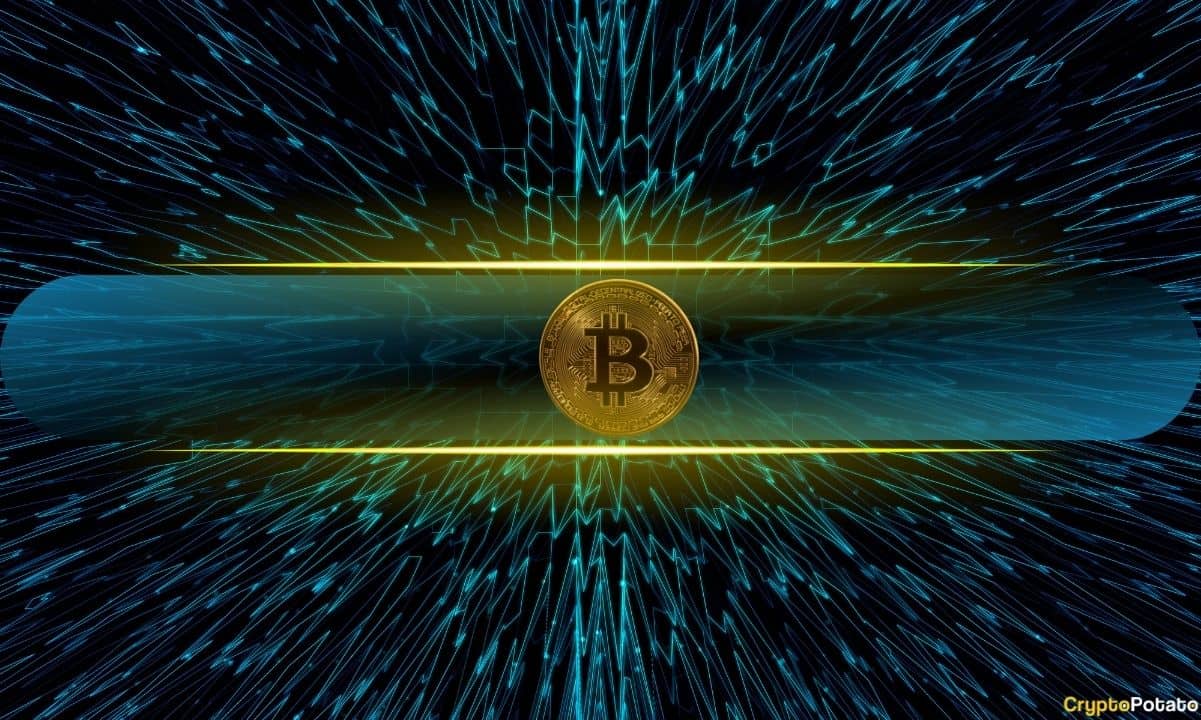
Bitcoin Confronts Fork Dilemma: Legal Implications from BIP-444 Spark Controversy
The Bitcoin community reacts to BIP-444, raising concerns over its legal language and implications for the blockchain.
The Bitcoin (BTC) development community is experiencing unrest following the announcement of Bitcoin Improvement Proposal 444 (BIP-444). This proposal, which suggests implementing a ‘reduced data’ soft fork, aims to limit specific types of data storage on the blockchain.
The Controversial Proposal
Introduced on October 24, 2025, BIP-444 is branded as a “Reduced Data Temporary Softfork.” The intention is to prevent users from embedding large files, such as images, within Bitcoin transactions.
The figures behind the proposal argue its necessity arises from Bitcoin Core 30’s removal of the 80-byte limit on OP_RETURN transactions, which now allows nearly 4 MB of non-financial data to exist on the blockchain. They warn this could result in illegal material being mistakenly included, thereby putting every Bitcoin node operator at risk of legal repercussions.
However, the draft has raised concerns due to its language. In one section, it ominously states that rejecting the fork could lead to ’legal or moral consequences,’ which many perceive as fear-mongering tactics to enforce compliance.
Additionally, the BIP proposes ‘retroactive chain reorganization’ to address an ‘immediate crisis’ stemming from alleged illegal content in Bitcoin Core 30, enabling the potential removal of blocks containing problematic data, thus rewriting part of the blockchain’s history.
Divided Community and Technical Implications
The backlash from notable community members has been substantial. BitMEX Research cautioned that the proposal could achieve the opposite of its desired outcome, leading to escalated illegal activity online.
The developers within the community fear that restricting specific functions could halt innovation, especially concerning smart contracts.
In contrast, some proponents advocate for this measure as a crucial temporary solution to curb spam in Bitcoin transactions. Despite facing mounting criticism, the proposal remains a point of severe contention in the ongoing development of Bitcoin.


